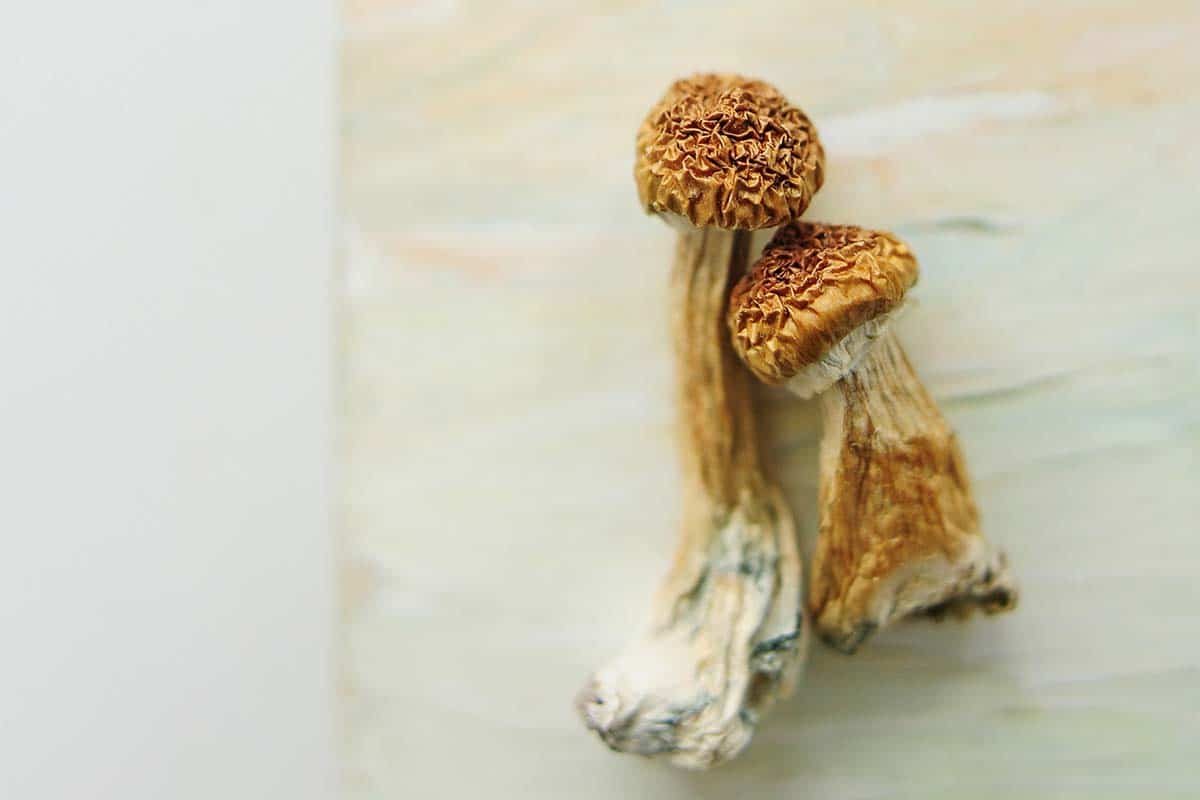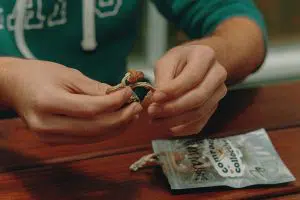Last week, Missouri legislators introduced a bill that would give patients with “debilitating, life-threatening, or terminal” illnesses increased access to psychedelic therapy.
House Bill 2429—which was filed on January 12—would amend Missouri-specific legislation to better align with the federal Right to Try Act, which was passed in 2018, as reported by Riverfront Times. The federal Right to Try Act allows patients with life-threatening illnesses who are unable to find relief with available treatments to try experimental therapies that are not currently approved by the Food and Drug Administration (FDA).
The new Missouri bill would expand access, allowing qualifying patients with a doctor’s recommendation to possess MDMA, DMT, ibogaine, LSD, mescaline, peyote, and psilocybin. The legislation would also increase access to investigative therapies to those with “debilitating and life-threatening illnesses,” rather than just the terminally ill. To qualify, a patient must first consider available FDA-approved treatments and all relevant clinical trials within the state.
Read: Decriminalization vs. Legalization: What’s the Difference?
Under HB 2429, manufacturers would legally be able to produce these substances in accordance with the bill. Doctors and pharmacies would be able to distribute the substances to qualifying patients. Additionally, it reduces legal penalties for the possession of moderate amounts of LSD, mescaline, peyote, psilocybin, DMT, and MDMA from felony to misdemeanor. Patients with access under right-to-try would not face criminal penalties.
Thirty-eight states, including Missouri, already have Right to Try laws, which allow terminally ill patients to access experimental therapies, as long as they’ve already shown promise for safety and efficacy in a federally-approved clinical trial. However, Missouri’s current law excludes drugs that are labeled as Schedule I on the Controlled Substances Act, the federal legislation that makes most psychedelics—and cannabis—illegal.
New legislation filed this month by Republican state Representative Michael Davis, however, increases patient access to “investigational” treatment options by allowing Schedule I substances that meet the qualifications of right-to-try—including some psychedelics and MDMA, which have been used in clinical trials. Davis introduced a similar bill last year, which did not make it past the Health and Mental Health Policy committee.
Currently, the only psychedelic Missourians can legally access is ketamine, which is classified as a Schedule III controlled substance, allowing it to be prescribed by doctors and even shipped via mail order across the United States. As a Schedule III substance, ketamine currently is not blocked by the state’s current right-to-try law.
Read: Port Townsend Becomes 13th City to Decriminalize Psychedelics
HB 2429 is not the only drug policy reform initiative that lawmakers will have a chance to approve over the regular legislative session. As Marijuana Moment reports, Democratic Representative Peter Merideth introduced HB 2469 on January 18. The bill would amend state law by making possession of some controlled substances punishable by a $100 fine or participation in a drug treatment program—or both, if approved by a court.
Currently, possession of even small amounts of controlled substances is considered a class D felony, punishable by up to seven years in prison and a $10,000 fine.
Under HB 2469, possession of minor amounts of heroin, methadone, methamphetamine, cocaine, and opiates—in addition to cannabis and psychedelics—would not result in criminal penalties. At this time, the potential interactions between HB 2429 and HB 2469 have not been illuminated.

DoubleBlind is a trusted resource for news, evidence-based education, and reporting on psychedelics. We work with leading medical professionals, scientific researchers, journalists, mycologists, indigenous stewards, and cultural pioneers. Read about our editorial policy and fact-checking process here.

DoubleBlind Magazine does not encourage or condone any illegal activities, including but not limited to the use of illegal substances. We do not provide mental health, clinical, or medical services. We are not a substitute for medical, psychological, or psychiatric diagnosis, treatment, or advice. If you are in a crisis or if you or any other person may be in danger or experiencing a mental health emergency, immediately call 911 or your local emergency resources. If you are considering suicide, please call 988 to connect with the National Suicide Prevention Lifeline.



